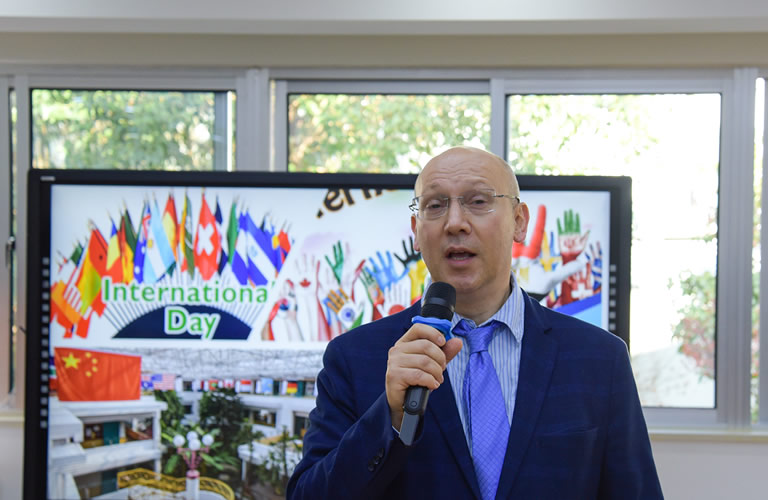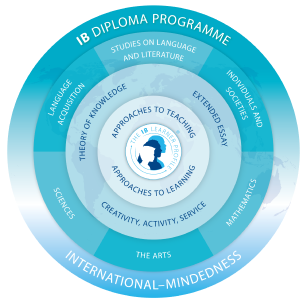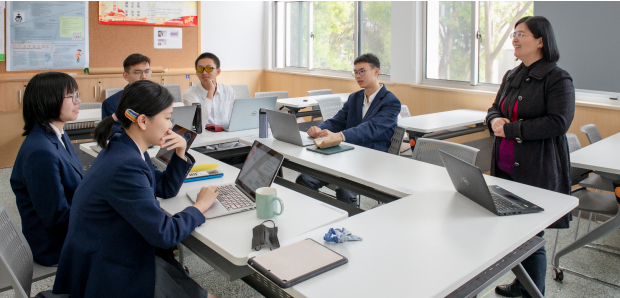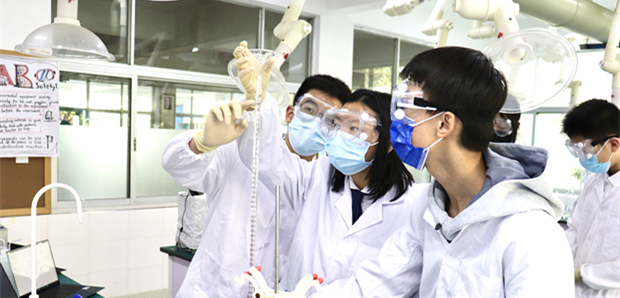

Imagine a worldwide community of schools, educators and students with a shared mission to empower young people with the values, knowledge and skills to create a better and more peaceful world. This is the International Baccalaureate (IB).
IB programmes aim to provide an education that enables students to make sense of the complexities of the world around them, as well as equipping them with the skills and dispositions needed for taking responsible action for the future. They provide an education that crosses disciplinary, cultural, national and geographical boundaries, and that champions critical engagement, stimulating ideas and meaningful relationships.
The first IB programme, the Diploma Programme (DP), was established in 1968. It sought to provide a challenging yet balanced education that would facilitate geographical mobility by providing an internationally recognized university-entrance qualification, but that would also serve the deeper purpose of promoting intercultural understanding and respect.
Through the DP, schools are able to develop students who:
have excellent breadth and depth of knowledge
flourish physically, intellectually, emotionally and ethically
study at least two languages
excel in academic subjects
explore the nature of knowledge through the programme’s unique Theory of Knowledge course.


The approaches are centred on a cycle of inquiry, action and reflection—an interplay of asking, doing and thinking—that informs the daily activities of teachers and learners. They also place a great deal of emphasis on relationships. This reflects the IB’s belief that educational outcomes are profoundly shaped by the relationships between teachers and students, and celebrates the many ways that people work together to construct meaning and make sense of the world.




In all IB programmes, teaching is:
based on inquiry
focused on conceptual understanding
developed in local and global contexts
focused on effective teamwork and collaboration
designed to remove barriers to learning
informed by assessment


The five categories are:
thinking skills
research skills
communication skills
social skills
self-management skills
International research shows that there are many benefits to choosing the DP over other 16-19 curricula. For example:
DP students are better able than their peers to cope with demanding workloads, manage their time and meet the expectations placed on them, according to one study
Analysis of DP students in Canada, the UK and the USA found that the DP’s extended essay improves students’ approach to learning in higher education
72% of students taking the DP in China attend one of the world’s top 500 universities, according to a 2013 study.